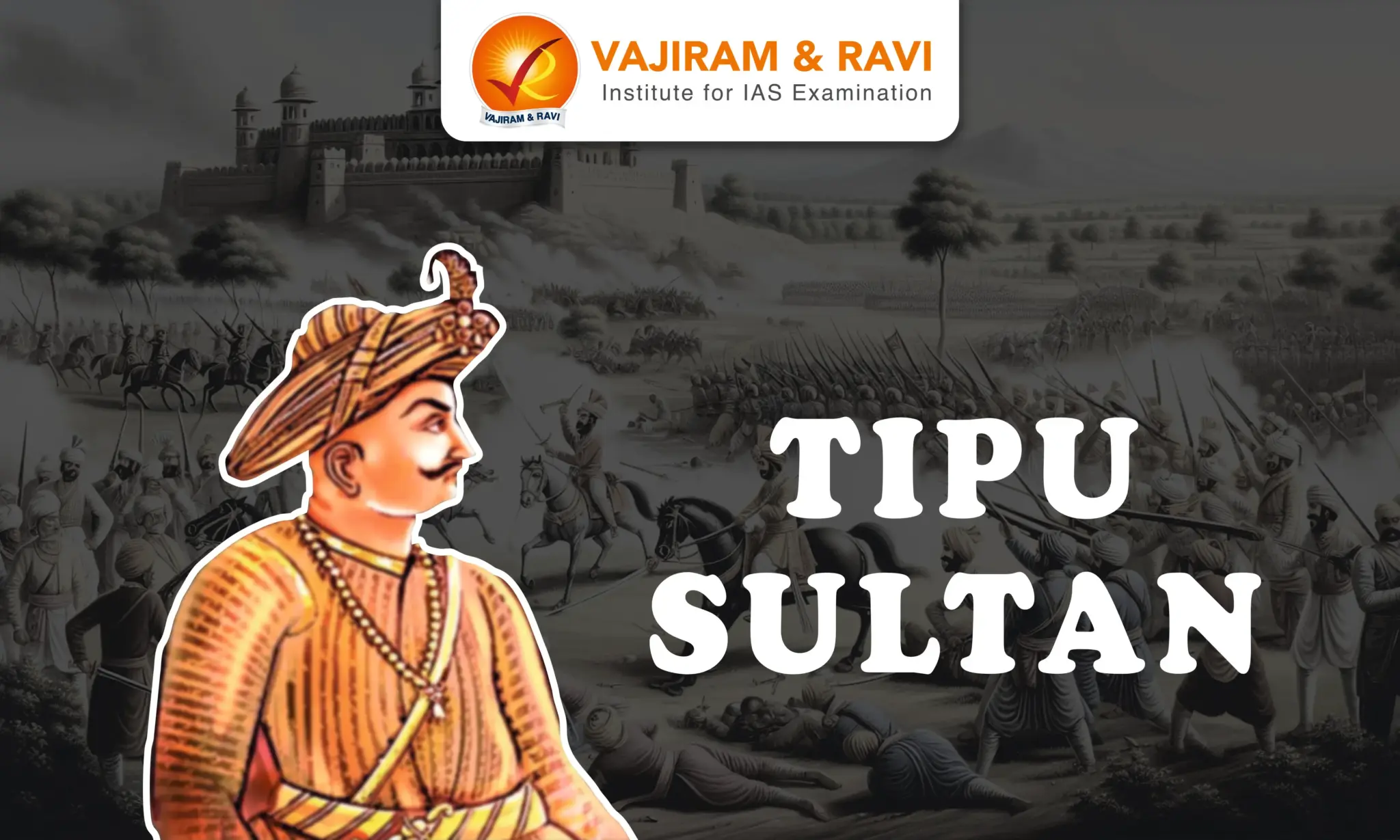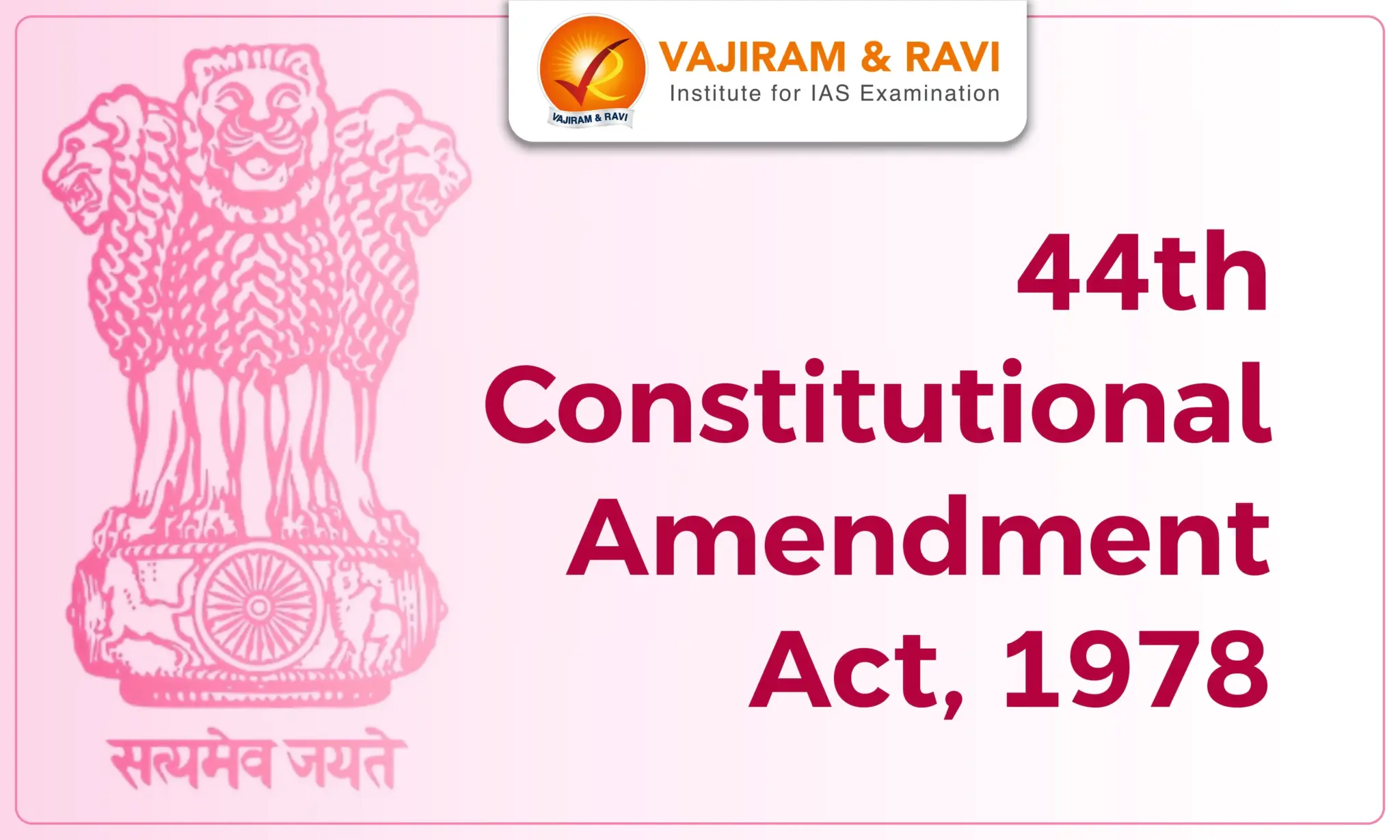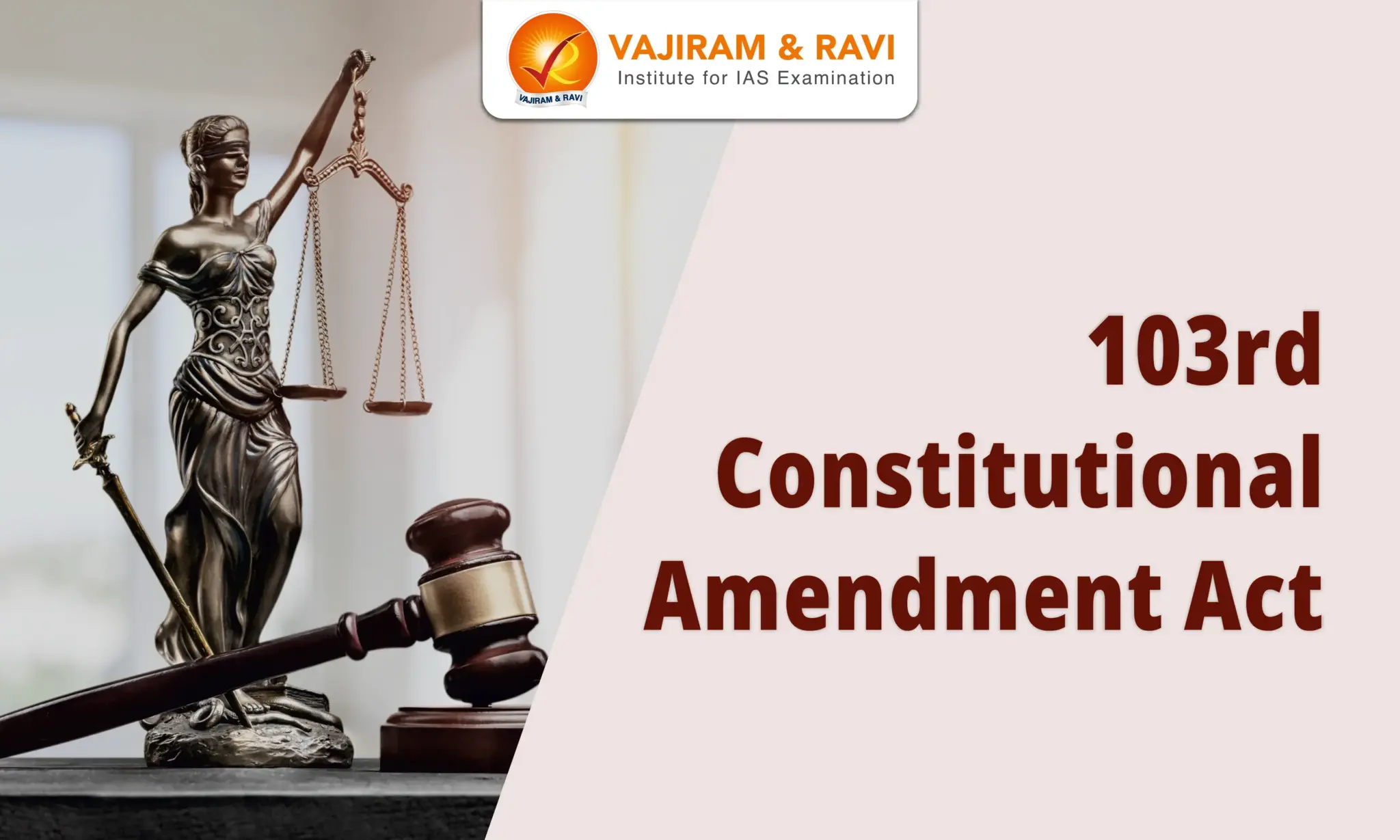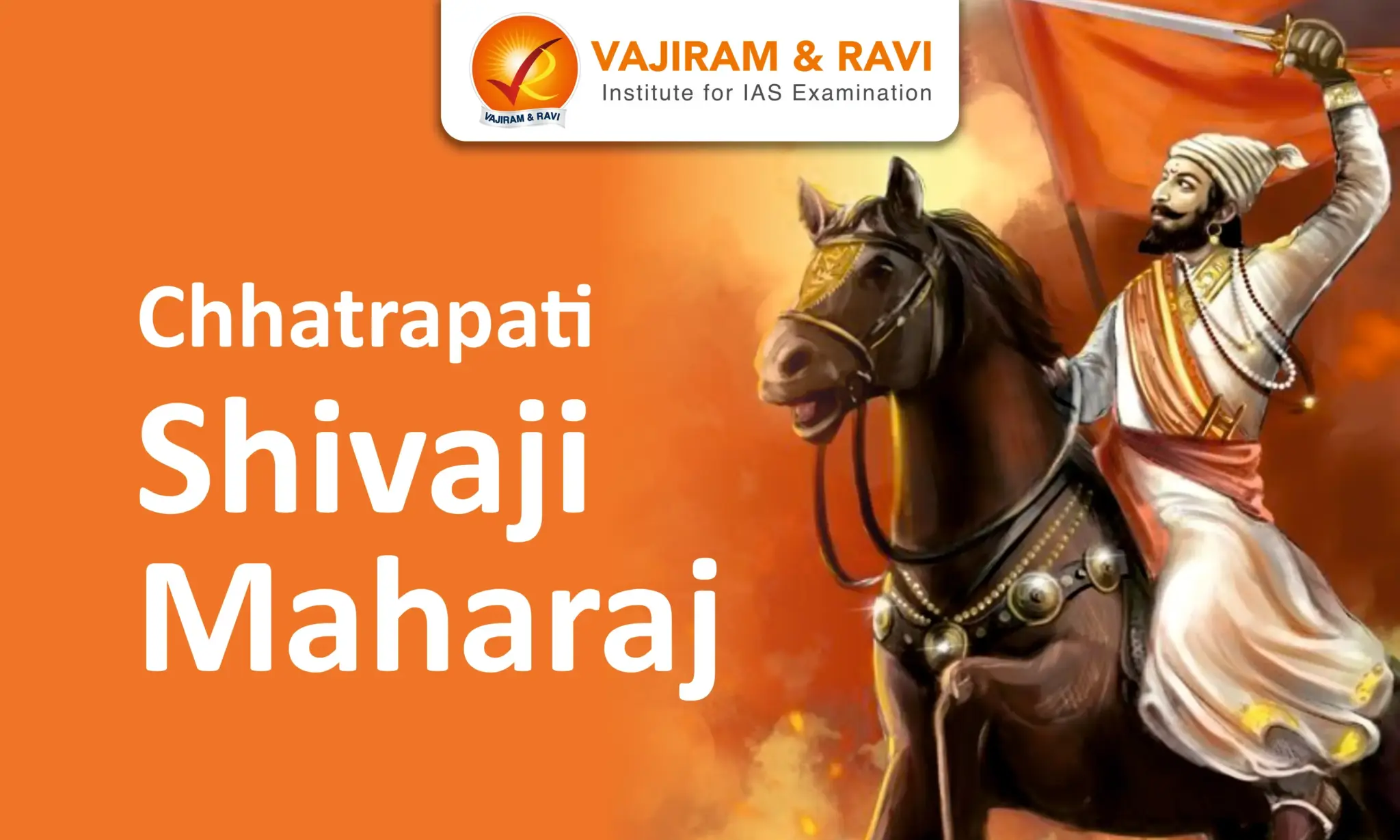Tipu Sultan, also known as the Sher-e-Mysore, was the son of Hyder Ali, and a prominent ruler of the Kingdom of Mysore. Raised in a militaristic environment, he was groomed for leadership from a young age, excelling in warfare and governance. Fluent in several languages, Tipu's early experiences significantly shaped his strategies against British colonial expansion. His reign was marked by relentless military campaigns against the British.
Tipu Sultan not only led Mysore in the Anglo-Mysore Wars, but also introduced significant administrative reforms and military innovations. Despite his fierce resistance, Tipu ultimately fell in 1799 during the Fourth Anglo-Mysore War.
Tipu Sultan Early Life and Background
Tipu Sultan, originally named Sultan Fateh Ali Sahab Tipu, was born in 1750, in Devanahalli, which is now part of modern-day Bangalore. Raised in a military environment under the tutelage of his father, Hyder Ali, Tipu was well-trained in warfare and administration from a young age. Fluent in multiple languages, including Persian and Arabic, he was also deeply influenced by his father's policies and military campaigns. Tipu ascended the throne of Mysore in 1782, following Hyder Ali’s death, and continued his father's efforts to resist British colonial ambitions in India.
Tipu Sultan Military Campaigns and Wars
Tipu Sultan is known for his military campaigns and resistance against British colonization in India. His military strategy, diplomatic alliances, and use of advanced technology made him a formidable ruler.
First Anglo-Mysore War
The First Anglo-Mysore War (1767-1769) saw Hyder Ali, along with young Tipu, successfully countering British forces. Although Tipu played a minor role in this conflict, it set the stage for his future Anglo-Mysore confrontations. The war ended with the Treaty of Madras, which established a temporary peace.
Second Anglo-Mysore War
The Second Anglo-Mysore War (1780–1784) was triggered by Haidar Ali’s accusation that the British breached the Treaty of Madras by not aiding him against the Marathas in 1771. Haidar, finding the French more supportive, allied with them.
- When the British attacked Mahe, a French-controlled port under Haidar's protection, it escalated tensions.
- Haidar formed alliances with the Marathas and Nizam, capturing Arcot and defeating the British at several points.
- After Haidar died in 1782, Tipu Sultan continued the war, leading to the Treaty of Mangalore in 1784, which restored territories on both sides and marked an inconclusive end to the conflict.
Third Anglo-Mysore War
The Third Anglo-Mysore War (1790–1792) began when Tipu Sultan declared war against Travancore in 1790 after it purchased Jalkottal and Cannanore from the Dutch. The British, siding with Travancore, attacked Tipu. While Tipu initially defeated British forces under General Meadows in 1790, the tide turned when General Cornwallis took command.
- Cornwallis led a major offensive, capturing Bangalore in 1791 and advancing towards Seringapatam.
- Although Tipu recaptured Coimbatore, a combined British, Maratha, and Nizam force eventually besieged Seringapatam, forcing Tipu to sign the Treaty of Seringapatam.
Fourth Anglo-Mysore War
Tipu Sultan used the years from 1792 to 1799 to recover from previous losses, fulfilling the Treaty of Seringapatam's terms and securing the release of his sons. However, after the death of the Wodeyar ruler in 1796, he declared himself Sultan instead of placing the minor heir on the throne. Governor-General Lord Wellesley, concerned about Tipu's alliances with the French, initiated attacks. The war began on April 17, 1799, and ended on May 4, 1799, with Tipu's defeat at Seringapatam, where he fought bravely until his death.
Tipu Sultan Administration
Tipu Sultan implemented significant reforms during his reign, introducing a new calendar, a revamped coinage system, and seven new government departments. His military innovations and focus on economic development played a crucial role in shaping Mysore's future.
- Military Innovation: The Mysorean rockets used by Tipu during the Battle of Pollilur were notably more sophisticated than those previously encountered by the British East India Company. This advancement was largely due to the incorporation of iron tubes to contain the propellant, which allowed for greater thrust and extended the missiles' range to nearly 2 kilometers.
- Coinage System: Tipu's coinage is noted for its complexity, introducing new denominations with Persian legends. He continued the issuance of gold pagodas and silver rupees while creating copper coins called paisa.
- Economy: Under Tipu’s leadership, Mysore experienced a significant economic boom, overtaking Bengal Subah as India's dominant economic power. He focused on enhancing agricultural productivity and textile manufacturing while initiating silk cultivation. His ambitious projects, like the foundation for the Kannambadi dam, aimed to improve the infrastructure and resources of his kingdom.
Tipu Sultan Religious Policy
Tipu Sultan's religious policy has been a subject of debate among historians. While he is recognized for promoting religious tolerance, and made regular endowments to around 156 Hindu temples, there are also historical accounts of forceful conversions and persecution of non-Muslim communities. Many sources highlight the appointment of Hindu officers in his administration, as well as his land grants to Hindu temples. However, the contrasting accounts of persecution create contention regarding his true approach to religious diversity.
Last updated on February, 2026
→ UPSC Notification 2026 is now out on the official website at upsconline.nic.in.
→ UPSC IFoS Notification 2026 is now out on the official website at upsconline.nic.in.
→ UPSC Calendar 2026 has been released.
→ UPSC Final Result 2025 is expected to be released in the first week of March 2026.
→ Check out the latest UPSC Syllabus 2026 here.
→ Join Vajiram & Ravi’s Interview Guidance Programme for expert help to crack your final UPSC stage.
→ UPSC Mains Result 2025 is now out.
→ UPSC Prelims 2026 will be conducted on 24th May, 2026 & UPSC Mains 2026 will be conducted on 21st August 2026.
→ The UPSC Selection Process is of 3 stages-Prelims, Mains and Interview.
→ Prepare effectively with Vajiram & Ravi’s UPSC Prelims Test Series 2026 featuring full-length mock tests, detailed solutions, and performance analysis.
→ Enroll in Vajiram & Ravi’s UPSC Mains Test Series 2026 for structured answer writing practice, expert evaluation, and exam-oriented feedback.
→ Join Vajiram & Ravi’s Best UPSC Mentorship Program for personalized guidance, strategy planning, and one-to-one support from experienced mentors.
→ Check UPSC Marksheet 2024 Here.
→ UPSC Toppers List 2024 is released now. Shakti Dubey is UPSC AIR 1 2024 Topper.
→ Also check Best UPSC Coaching in India
Tipu Sultan FAQs
Q1. Who was the son of Haider Ali?+
Q2. Is Tipu Sultan a Mughal?+
Q3. Who finally defeated Tipu?+
Q4. In which fight did Tipu Sultan die?+
Q5. Who was called the Tiger of Mysore?+
Tags: quest tipu sultan
















